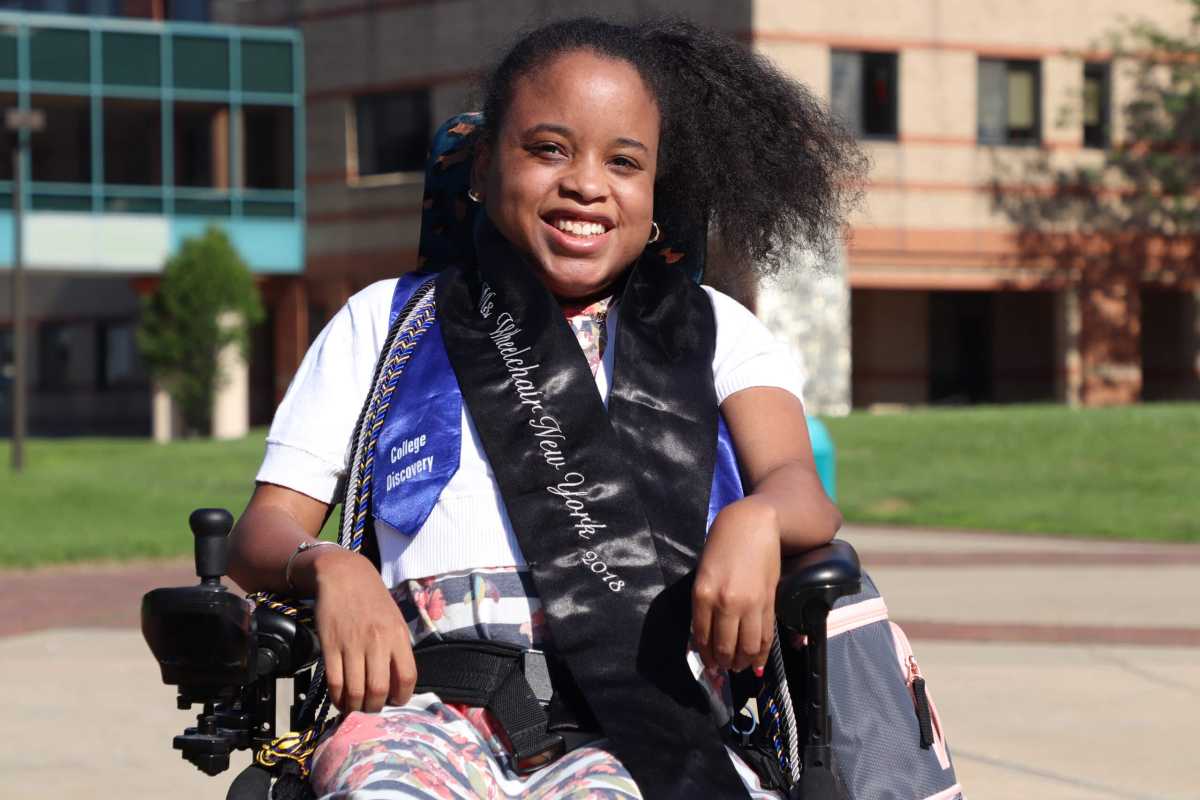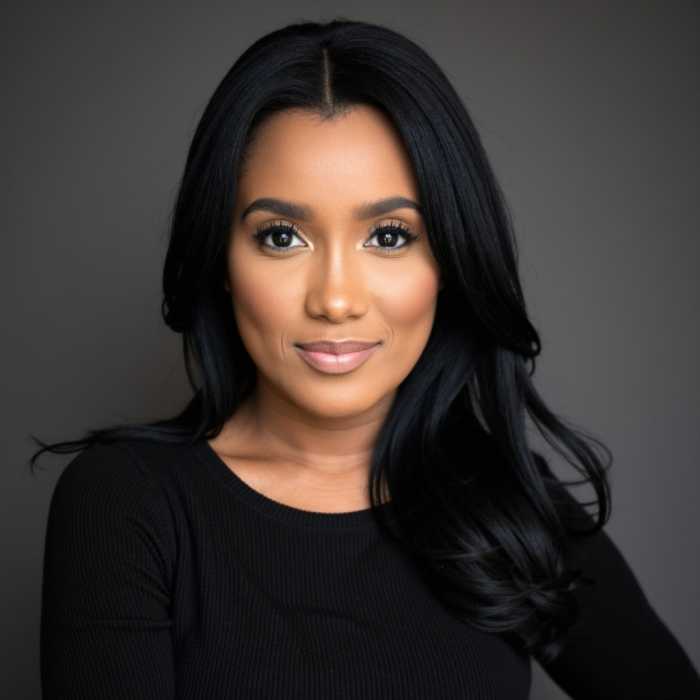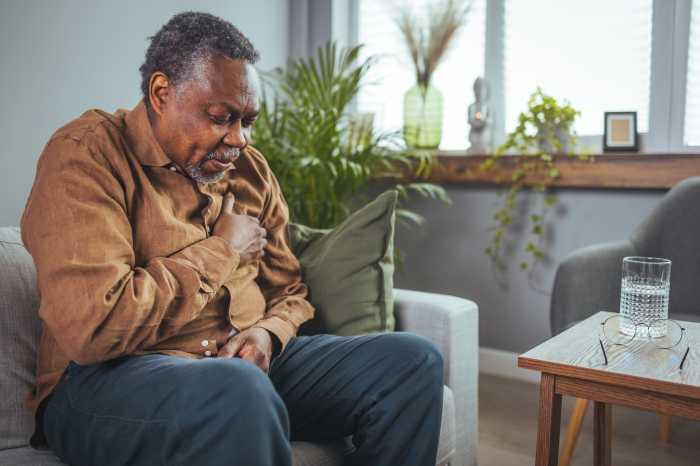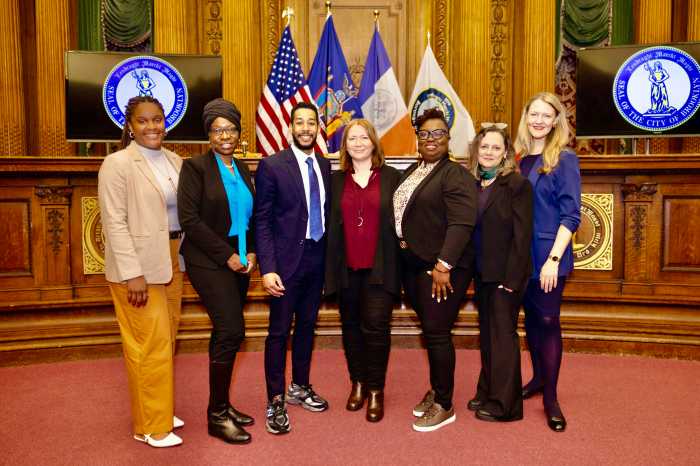On Oct. 6, the Center for Self Advocacy (CSA), based in Buffalo, NY, hosted its first-ever Women’s Summit focused on disability and healthcare.
Heather Horwedel who led the summit is this year’s Ms. Wheelchair New York, a competition that promotes disability awareness, education, advocacy and celebrates the accomplishments of women who use wheelchairs. She was born with spina bifida, a condition that affects her spine. Horwedel shared her experience with getting access to proper medical care. Something related that she was experiencing was hydrocephalus, an abnormal buildup of fluid in the brain that can also affect the spine.
“I experienced symptoms of it in 2018. After being misdiagnosed by various doctors several times, I finally got checked, found out what it was, and got surgery. Once it happened again, I knew how to handle it,” she said. Horwedel’s advice regarding healthcare is: “You should listen to your body. Get multiple opinions. Don’t be afraid to speak up.”
The next speaker was Ketrina Hazell, whose family is Caribbean. Born prematurely, Hazell spent two months in the hospital, and was diagnosed with cerebral palsy (CP) at nine months old. CP affects a person’s ability to move, as well as their balance and posture. Hazell shared her experience with getting access to education, in addition to proper medical care, as an adult.
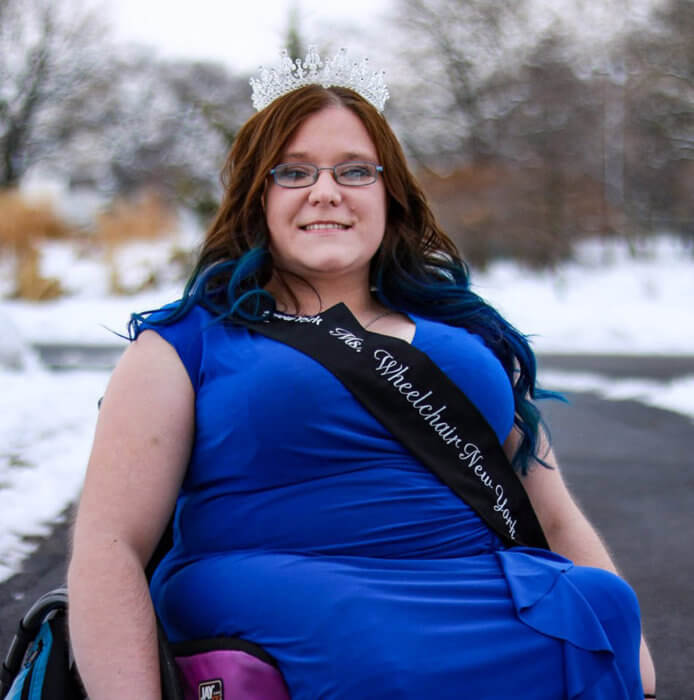
“I had lots of doctor’s appointments, surgeries and therapy growing up. Once I turned 18, I had to learn how to advocate for myself,” Hazell stated. At that time, she also transitioned to adult care, which was better for her, and she is pretty healthy now. “Any movement is better than none when you have a disability,” she continued.
At one point, Hazell was denied necessary therapy, and she decided to write a letter to her doctors, advocating for her needs. As a result of this experience, Hazell has a call to action for the healthcare system. She is advocating for several things, including more disability awareness training in the medical field and having more doctors who are specialized in the field of different disabilities.
After hearing from Horwedel and Hazell, the first panel of the summit began. The speakers in the first panel were Buffalo, NY locals Robin Ripple, Maria Bell, and Dr. Jennifer Abeles. Ripple and Bell, who also have CP, shared that transportation has been a major challenge for them when getting to their doctor’s appointments.
Ripple stated that, as a wheelchair user, she has had experiences in which doctors knew her condition and they acted very unprofessional. Bell, who is also African-American, shared an experience in which she was going to the allergist one day, and she decided to get her flu shot while there, but she was told that she couldn’t get it because of her insurance.
Dr. Jennifer Abeles shared that she cares a lot about her patients, ensuring that they have proper care. “I know my patients by name. It doesn’t matter what condition a patient has. I take care of my patients like one of my family members.”
Ripple, Bell and Abeles, as well as Horwedel and Hazell, all made it clear that more training is needed for medical professionals to truly understand their disabled patients and make it easier for them to get access to the care that they need and deserve.


